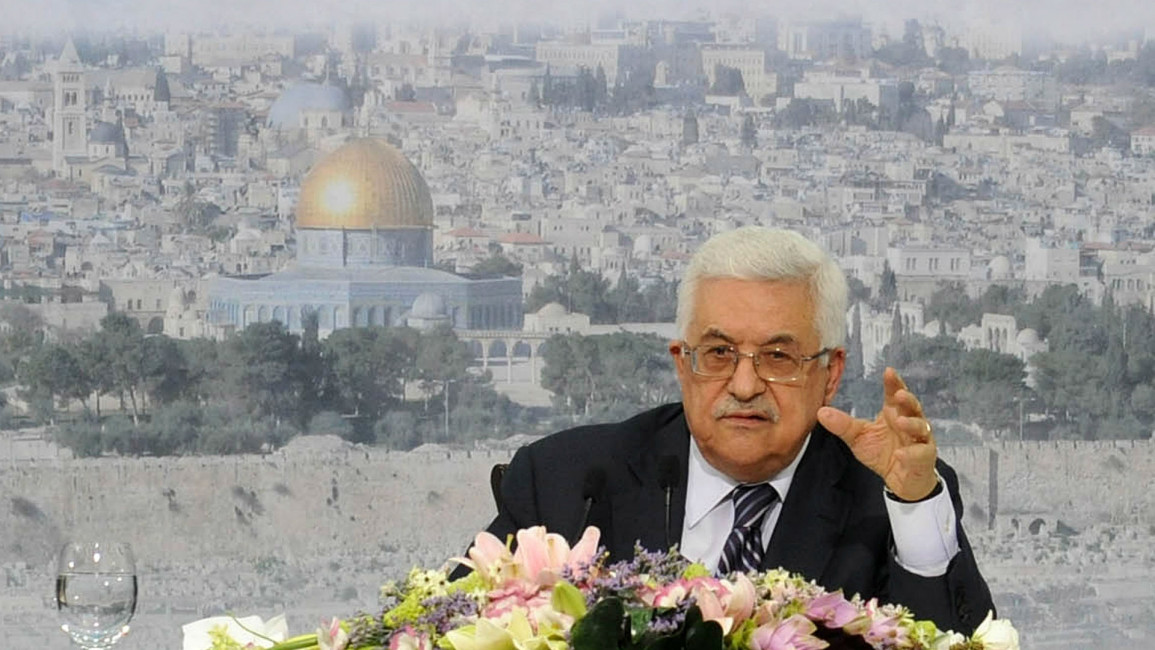Abbas set to meet Trump in US visit
US President Donald Trump will meet with Palestinian leader Mahmoud Abbas on Wednesday for the first time since coming to office.
The meeting is part of recent efforts by the US administration to salvage the moribund peace process by engaging with Palestinian and Israeli leaders.
One of Trump's top advisers, Jason Greenblatt, held wide-ranging talks with both Israelis and Palestinians during a visit in March.
"The President's ultimate goal is to establish peace in the region," said White House press secretary Sean Spicer.
The Palestinian leader will hope Trump can pressure Israel into salvaging the two state solution, despite the US president sending mixed signals about its desirability.
| Read more: What does Donald Trump want with Palestine's Mahmoud Abbas? |
In February, Trump broke with decades of US foreign policy during a press conference with Israeli Prime Minister Binyamin Netanyahu, renouncing support for the two-state solution and vowing to move the US embassy to Jerusalem.
Ahead of the Wednesday meeting, a group of three influential Republican Senators – Marco Rubio, Tom Cotton and Lindsey Graham – called on Trump to demand that Abbas stop funding Palestinian fighters and prisoners.
This week, Vice President Mike Pence confirmed that Trump is still giving "serious consideration" to relocating the embassy.
Abbas makes the trip to Washington while politically unpopular back home, with polls suggesting most Palestinians want the 82-year-old to resign.
His term was meant to expire in 2009, but he has remained in office ever since, with no elections held.
The Palestinian leader goes to Washington just days after Hamas unveiled a new policy document easing its stance on Israel and accepting the framework of the two state solution along 1967 borders.
While the new document does not amount to recognition of Israel, it formally softens its stance in a few key areas. As such, it signals acceptance of the PLO's position on a future Palestinian state.



